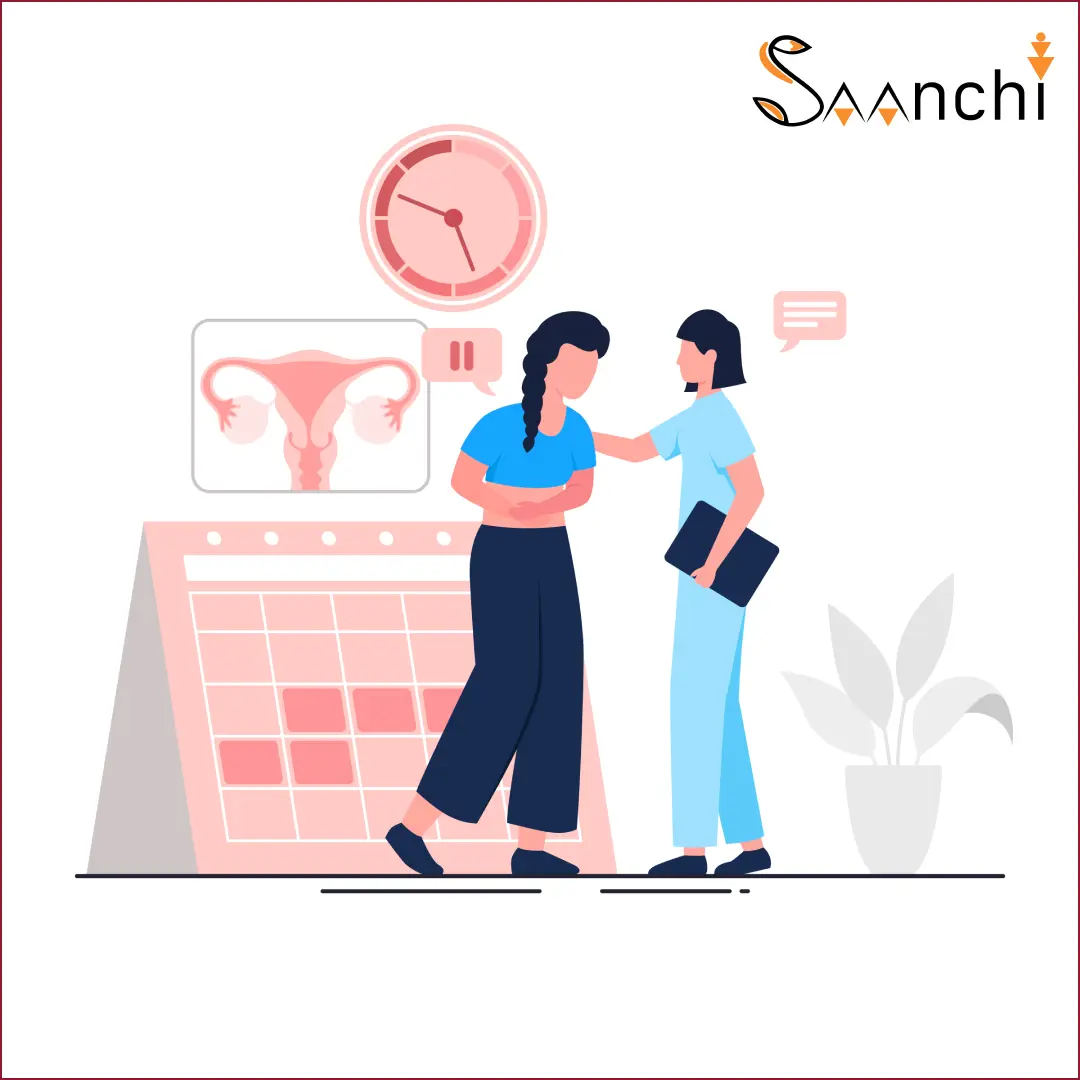Periods can be a real pain, literally! Many girls experience cramps and discomfort during their periods. These cramps, known as dysmenorrhea, happen because your uterus is contracting to shed its lining. While this is a normal part of menstruation, it can be uncomfortable. Here are some easy-to-understand tips and remedies to help you manage period pain.
- Stay Hydrated
Why it helps: Drinking water can reduce bloating, a common cause of discomfort during periods. Bloating happens when your body retains water, making you feel swollen.
How to do it: Try to drink at least eight glasses of water a day. Carry a water bottle with you and sip throughout the day. Hot water can be especially soothing as it increases blood flow and relaxes muscles.
- Enjoy Herbal Teas
Why it helps: Certain herbal teas have properties that reduce inflammation and muscle spasms.
How to do it: Try drinking teas like chamomile, ginger, or peppermint. These can help reduce cramps and also have calming effects that can reduce stress.
- Eat Anti-Inflammatory Foods
Why it helps: Some foods can help reduce inflammation and improve blood flow, easing your cramps.
How to do it: Include berries, tomatoes, pineapples, and leafy greens in your diet. Nuts like almonds and walnuts, as well as fatty fish like salmon, are also great options.
- Avoid Certain Foods
Why it helps: Foods high in sugar, salt, and unhealthy fats can make bloating and cramps worse.
How to do it: Try to limit your intake of junk food, red meat, and processed snacks. Instead, opt for fresh fruits, vegetables, lean meats, and whole grains.
- Switch to Decaf
Why it helps: Caffeine can narrow your blood vessels, which can make cramps worse.
How to do it: If you drink coffee, try switching to decaf during your period. For an energy boost, eat a high-protein snack or take a short walk instead.
- Take Supplements
Why it helps: Supplements like vitamin D, omega-3, and magnesium can help reduce inflammation and relieve pain.
How to do it: Take these supplements daily, but consult your doctor first to ensure they are safe for you.
- Use Heat Therapy
Why it helps: Heat can relax your muscles and improve blood flow, reducing cramps.
How to do it: Use a heating pad on your lower abdomen, take a warm bath, or enjoy a hot shower to relieve pain.
- Exercise Regularly
Why it helps: Exercise releases endorphins, which are natural painkillers that help reduce pain and improve your mood.
How to do it: Gentle activities like walking, yoga, or stretching can be very effective. Even just 15 minutes can make a difference.
- Reduce Stress
Why it helps: Stress can make period pain worse by increasing muscle tension.
How to do it: Practice relaxation techniques such as deep breathing, meditation, or yoga. Find a quiet place, close your eyes, and imagine a peaceful scene while taking slow, deep breaths.
- Try Massage Therapy
Why it helps: Massages can reduce muscle tension and improve blood flow, helping to relieve cramps.
How to do it: Focus on massaging your lower abdomen. You can also get a full-body massage to reduce overall stress.
- Use Over-the-Counter (OTC) Pain Relief
Why it helps: OTC medications like ibuprofen can reduce the production of prostaglandins, which cause muscle contractions and pain.
How to do it: Take the medication as soon as you start feeling cramps. Always follow the dosage instructions on the package and consult your doctor if you’re unsure which medication is best for you.
- Consider Alternative Medicine
Why it helps: Practices like acupuncture and acupressure can help relieve pain and improve blood flow.
How to do it: Look for a qualified practitioner who can guide you through these treatments safely.
- Talk to Your Doctor About Birth Control
Why it helps: Hormonal birth control can regulate your period and reduce cramps by balancing your hormone levels.
How to do it: Discuss with your doctor the best birth control options for you, whether it’s the pill, patch, or another method.
When to See a Doctor
Sometimes, period pain can be a sign of a more serious condition, like endometriosis or fibroids. If you have severe pain that interferes with your daily life, it’s important to see a doctor. They can help diagnose any underlying issues and recommend appropriate treatments.
Final Thoughts
Managing period pain can make your monthly cycle much more bearable. By following these tips and remedies, you can reduce discomfort and improve your overall well-being. Remember, it’s always okay to seek help from a trusted adult or healthcare professional if you have any concerns about your period.


